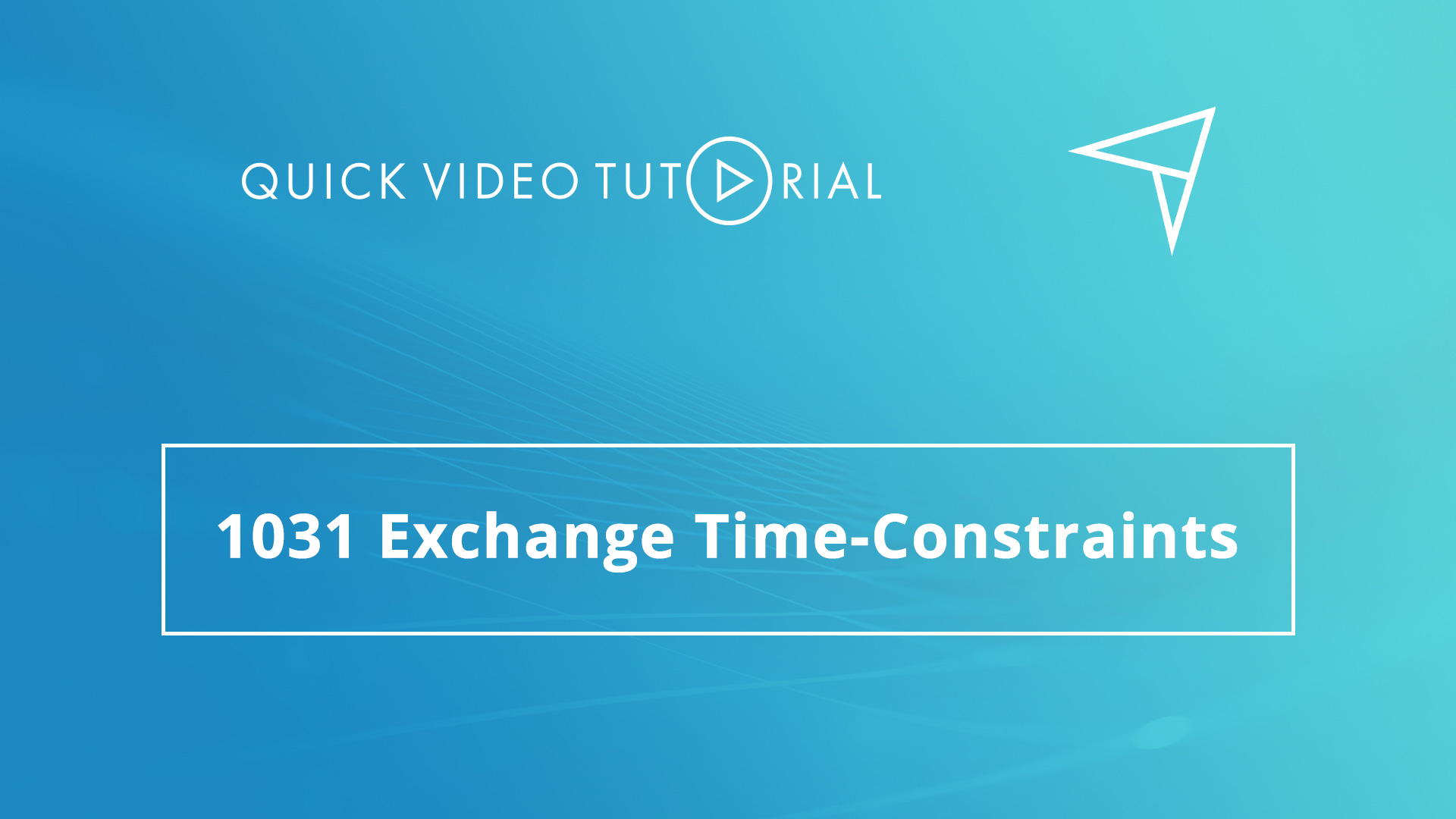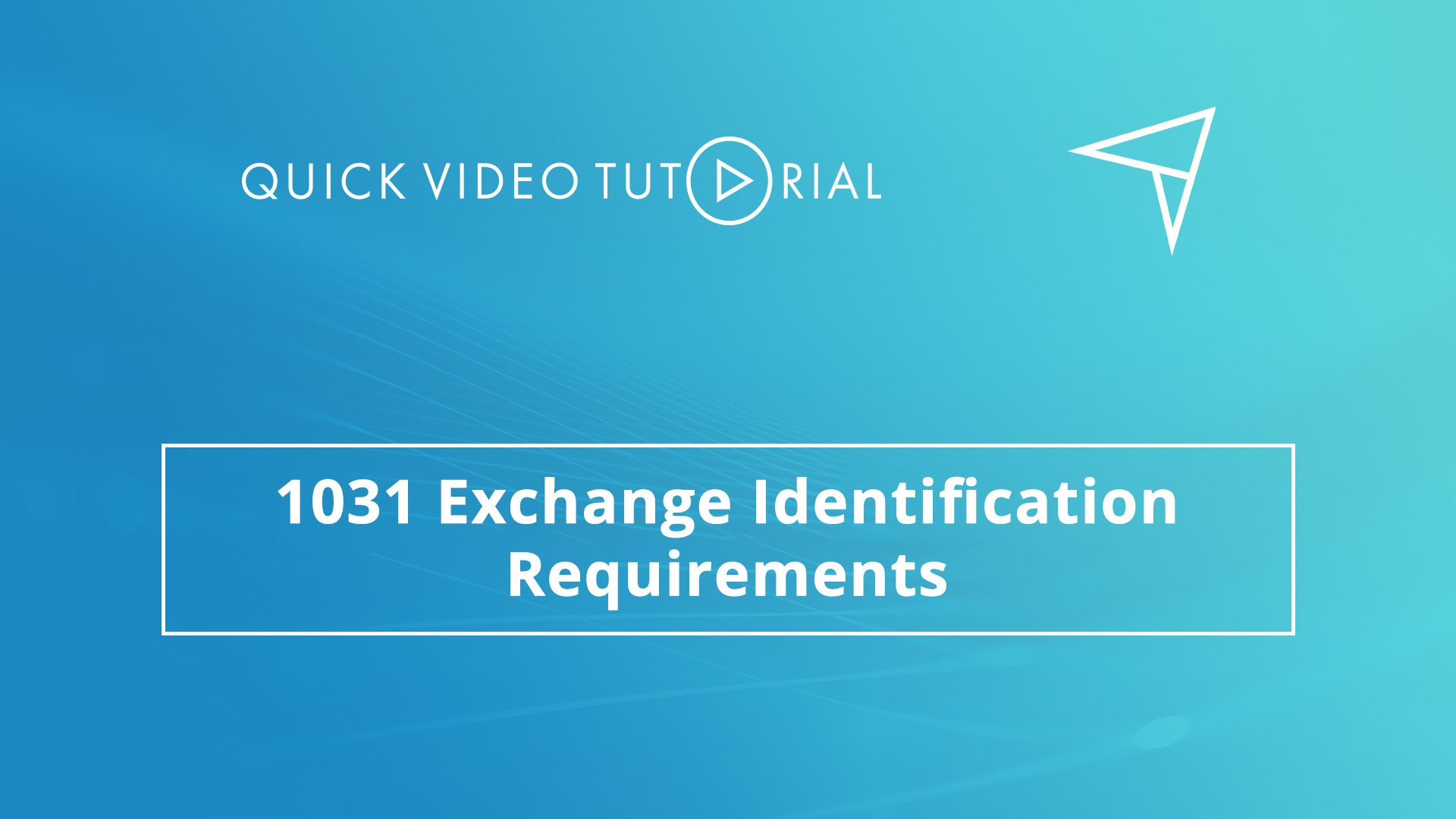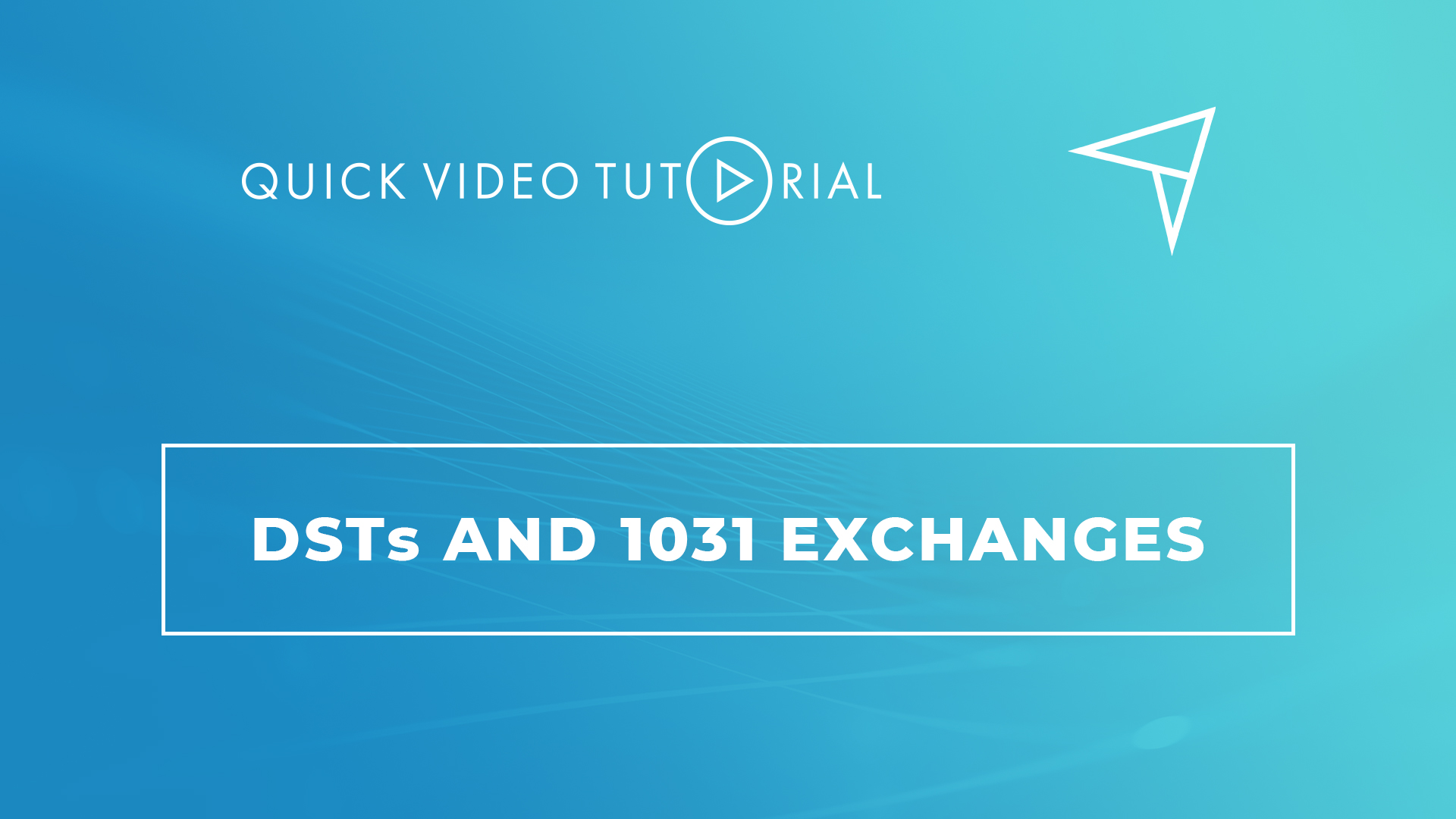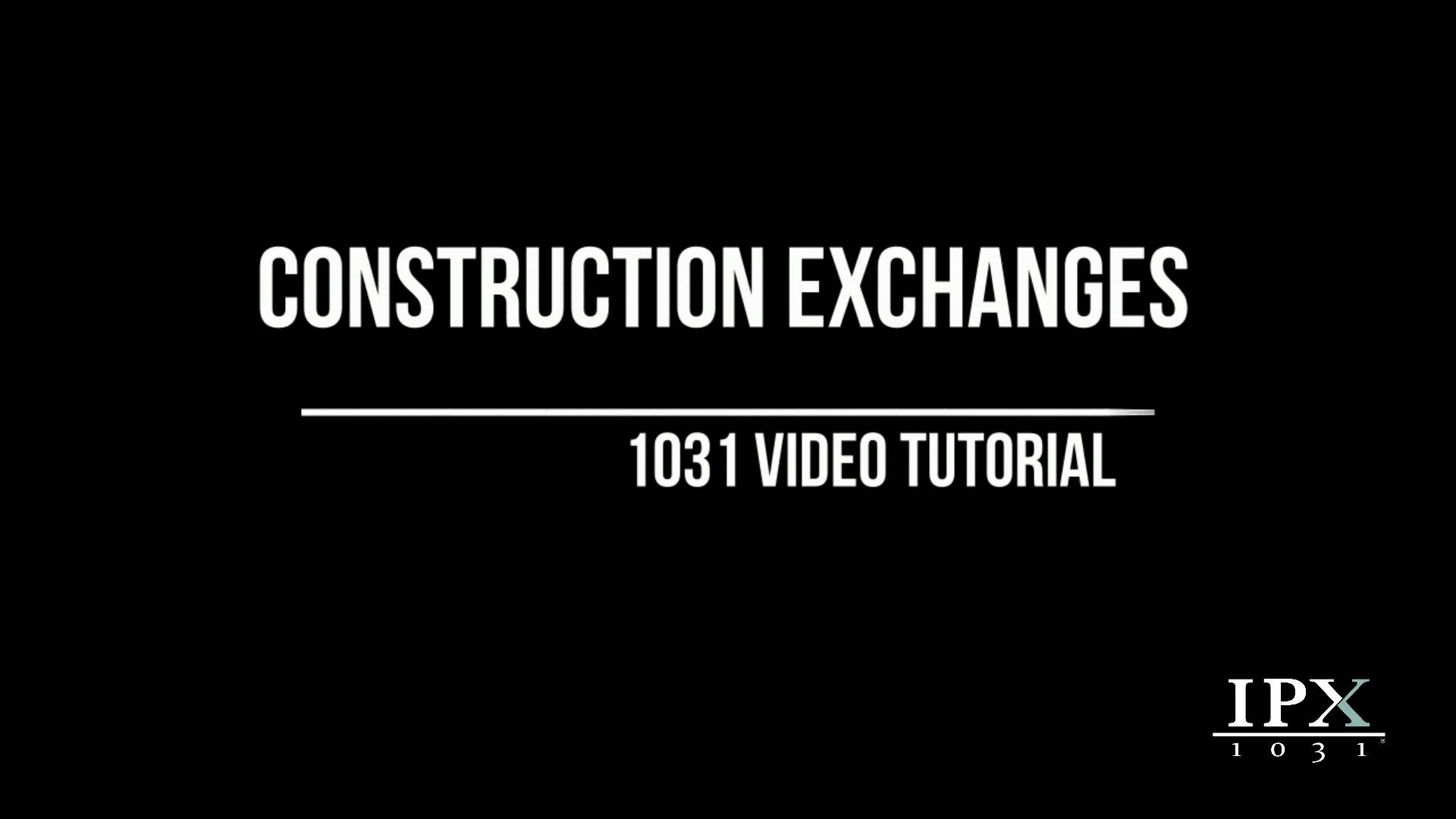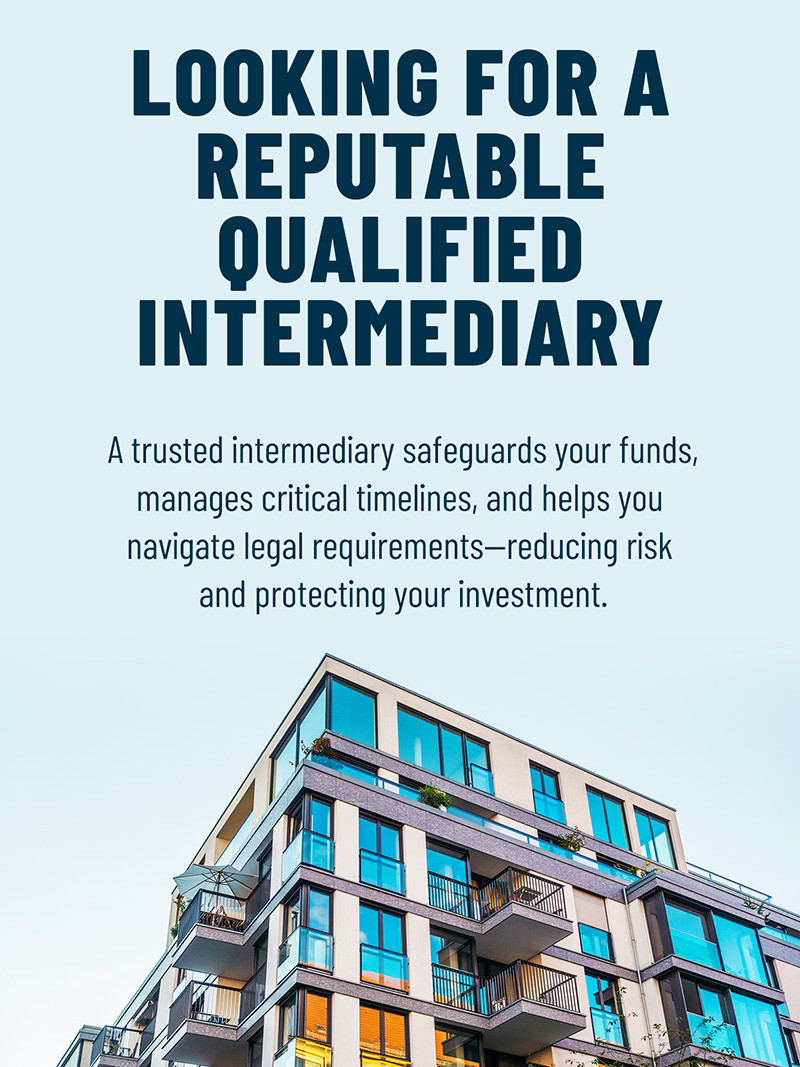Reverse Exchanges
The reverse exchange is actually a misnomer. It represents an exchange in which the exchanger locates or replacement property. He wants to acquire it before the actual closing of the relinquished or exchange property. Now, since the exchanger can not purchase the replacement and later exchange in the property that he already owns, he must find another method to acquire the replacement property and still maintain the integrity of this exchange.
Reverses are typically conflicted in two formats based upon transaction logistics and the financing needs of the exchanger and an exchange. The first scenario, the facilitator with the aid of a loan from the exchanger acquires the replacement property and parks or holds title to that property as an exchange accommodation titleholder until such time as the relinquish property is sold and the exchange could be complete.
The exchanges last scenario is utilized only when an exchange requires traditional financing to complete his acquisition of the replacement property. And since few lenders would lend to the exchanger with the qualified intermediary or exchange accommodation titleholder on title, it is necessary for the facilitator to park the title to the relinquished property.
And this approach, the exchange is complete at the moment, the exchanger accepts the title to the new replacement property. However, with the prospect of the exchange being complete, it is necessary to balance the equities between relinquished and replacement. Prior to closing. In other words, upon closing the replacement, there must be an equal amount of equity in the replacement property as is expected to come out of the subsequent sale of the relinquished property.
Then at the time of the later sale of the relinquished or exchange property, any debt. And the exchangers repaid any dollars, which he advanced for the replacement property acquisition, the reverse exchange is becoming more and more popular because it offers an exchanger additional flexibility by controlling two properties at once.
This is because depending upon transactional circumstances, either the relinquished or the replacement property can be parked with the exchange accommodation. And also with the reverse exchange, it is possible to control two properties and their income during the reverse exchange process. At this point, we need to insert several caveats regarding reverse exchanges.
They tend to be more complicated than other exchanges, and because they involve the parking of title by a facilitator in the form of an exchange accommodation titleholder, they require extensive planning do not undertake a reverse exchange without the assistance of an experienced tax advice and a knowledgeable facilitator or qualified intermediary.


